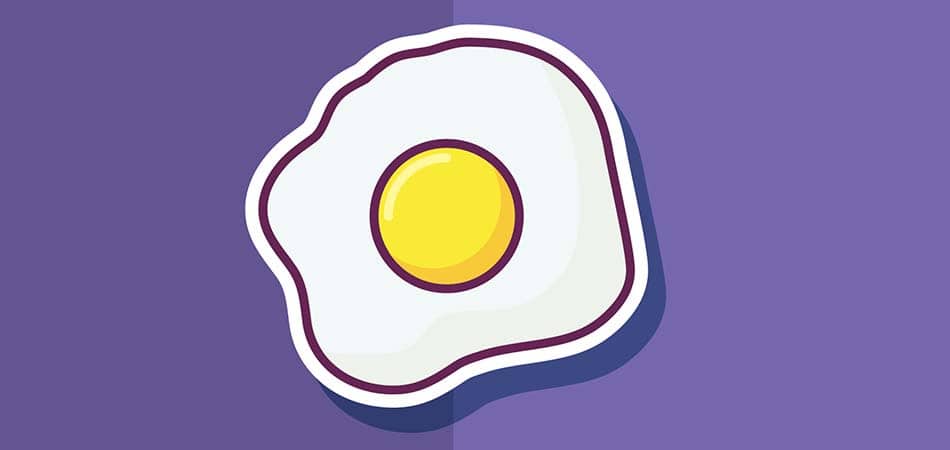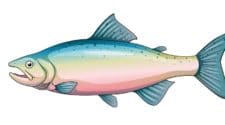Eggs are one of those foods that have been incredibly misunderstood over the years. One minute they were thought to be healthy, then they weren’t, then they were again. So, what’s the deal? Well, when talking about the health benefits and drawbacks of eggs, it’s important to focus on the saturated fat in eggs. You see, it was the saturated fat in eggs that had health experts so confused. Some believed that the fats in eggs were good, while most believed that they were bad. It turns out that, as long as they are eaten in moderation, eggs are actually good for you. Despite the fact that they contain saturated fat.
In today’s article we’re looking at the saturated fat in eggs, and as to why it isn’t necessarily as bad as some people believe.
What’s the deal with saturated fats?
For years, decades even, we were lead to believe that saturated fats were very bad for us as they were thought to promote cardiovascular health issues such as heart attack, stroke, and more. However, not too long ago, experts found that some amounts of saturated fats might not be all bad.
In correct dosages however, and providing they come from natural sources, saturated fats can be beneficial. Actually, they can even improve cardiovascular health and are vital to keep your hormones in balance.
Saturated fat in eggs
Not all eggs are created equally. Different eggs are different sizes, and therefore the amount of fats found in them can vary greatly. It’s important to note that the saturated fats are found only in the yolks. The egg whites are saturated fat free. Here’s a look at the amount of saturated fats found in different eggs.
Quail eggs taste great, but in size they are extremely small. Needless to say, because of their small size, quail eggs are naturally low in saturated fat. One quail egg weighs just 9 grams. It provides 14 calories, and 1 gram of fat, of which 0.3 grams are saturated.
Next up we have the largest laid egg in the world – the Ostrich egg. These eggs weigh a whopping 1400g! One average-sized Ostrich egg provides 2002 calories, and 133 grams of fat, of which 44 grams are saturated.
The most common egg on the market today is of course the chicken egg. This egg weighs 50g, contains 72 calories, 4.8 grams of fat, of which 1.6 grams are saturated.
One typical duck egg weighs, on average, roughly 70g. One duck egg provides 130 calories, and 9.6 grams of fat, of which 2.6 grams are saturated.
Eggs laid by Geese are more than double the size of duck eggs. A typical Goose egg weighs 144g, provides 266 calories, and 19 g of fat, of which 5.2 grams are saturated.
|
Eggs |
Saturated fat in eggs, g |
|
Chicken egg |
1.6 |
|
Duck egg |
2.6 |
|
Goose egg |
5.2 |
|
Quail egg |
0.3 |
|
Ostrich egg |
44 |
Reference
- Egg nutrition retrieved from: https://www.nutritionix.com







Leave a Reply